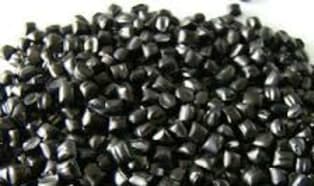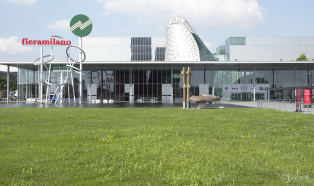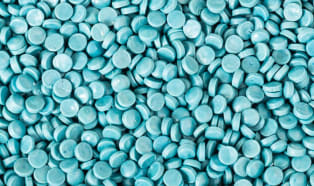
European plastic recycling industry growth threatened by shrinking market
Latest figures show that the growth rate of total European installed plastics recycling capacity went down from 17% to 10% year on year in effect giving 12.5 million tonnes in 2022.













